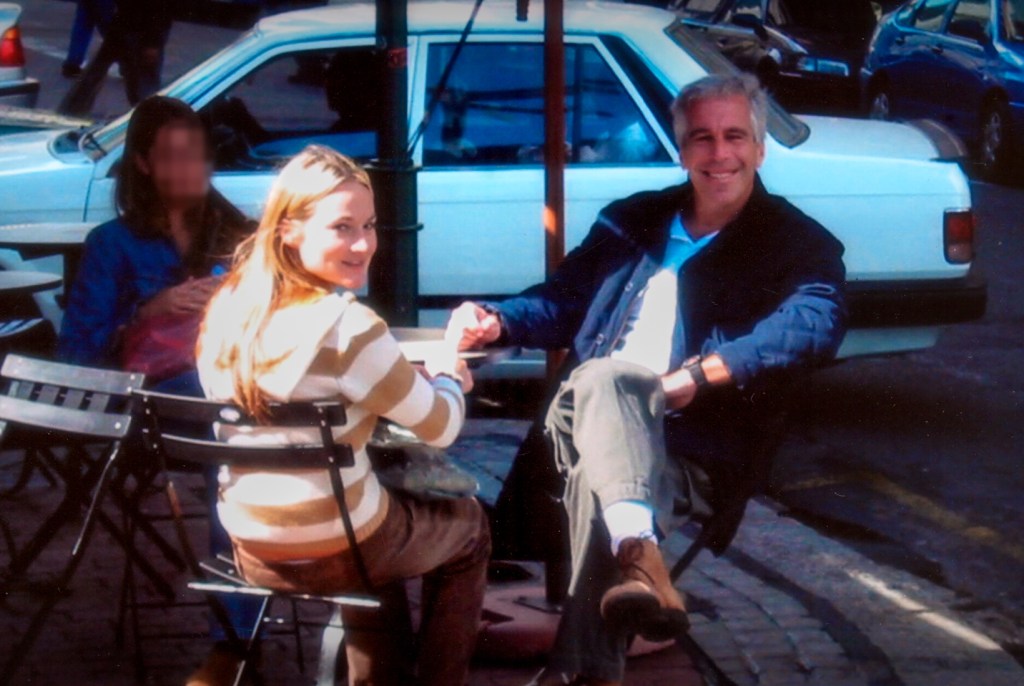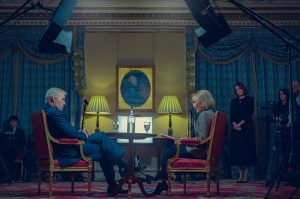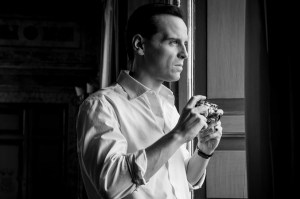Did Jeffrey Epstein kill himself or was he murdered — and frankly who cares? Actually, having watched the four-part Netflix series — Jeffrey Epstein: Filthy Rich — about his secretive, sordid life, I care very much. Sure, his squalid death in jail, apparently from suicide while awaiting trial for numerous sex crimes, was thoroughly deserved. But justice would have been far better served if this noisome creep had spent the rest of his days rotting in prison, deprived for ever of all sexual activity save the involuntary variety provided in the showers whenever he dropped the soap.
I hadn’t expected to respond quite this viscerally to the Epstein tale. Indeed, before I watched the documentary I was inclined to think that perhaps the nefariousness had been overdone. Surely, if he were as guilty as some of his accusers claimed, he would have been put away long ago? And anyway, the relationship between older men with money and power, and younger women with aspirations, has always been more complicated than the #MeToo furore contrived to pretend.
But that was before I learned the unutterable vileness of what Epstein did. His private retreat in the US Virgin Islands, Little Saint James, for example: those young girls who had to service his myriad celebrity guests weren’t willing, lavishly rewarded accomplices but the cheated, betrayed, trapped, put-upon victims of a vicious and sadistic sociopath who actually seemed to get most of his sexual kicks from the knowledge that those poor girls were hating every moment.
Perhaps the most frustrating aspect of this documentary series — based on a book by one of his Palm Beach neighbors, the thriller writer James Patterson — was the near-absence of its main character. We saw footage of him impassively, contemptuously, half-smirkingly batting off questions under interrogation from police investigators —including one about whether he could confirm he had an ‘egg-shaped penis’. But what we never saw, though it presumably must have been immense, was the captivating charm that gulled so many girls into trusting him and so many of the rich and powerful into his circle of friendship.
[special_offer]
Even with all the testimony from the girls he abused, from the detectives who’d tried to build a case against him, and from the financier who gave him his first big break, Epstein remained an enigma. Obviously, he was precociously bright — a physics and math whizz, recruited as a quantitative analyst by Bear Stearns; devious and unprincipled too (one of his former bosses recalled that he ‘definitely appealed to us because we were running a Ponzi scheme and…he could deliver results in this criminal enterprise’.) How, though, did this child of modest circumstances — dad was a park groundskeeper — accumulate his alleged billion-dollar fortune?
One suggestion, never properly explored (perhaps because it’s so hard to find evidence), was blackmail. Epstein — one of his chief accusers, Virginia Roberts Giuffre, recalled — had hidden cameras in every single one of the rooms in the New York mansion where, inter alia, he entertained Prince Andrew. He would spy on them in a control room containing a bank of screens; presumably he recorded everything that went on too, something which must have been awfully inconvenient to a lot of very high-powered people.
Just before he died, in a final act of spite, he transferred his assets (closer to half a billion than a billion dollars) to an offshore trust beyond the reach of the US authorities. This was a mark of the man’s loathsomeness: his final act was deliberately to ensure that his victims would never get compensation for the indignities and psychological trauma he had inflicted on them.
Epstein was a streak of slime: this much was abundantly clear. Can we believe the story that he once paid the parents of three 12-year-old girls to have them flown out from France so that he could have his vile way with them? I wouldn’t put it past him. Certainly, there is copious evidence that he’d pay $200 a time to dozens of underage girls to come to his Florida home to give him massages and then end up effectively raping them. Like all psychopaths, he had zero moral conscience.
Sure, his money managed to buy a lot of expensive lawyers and a lot of silence. (As a result of a disgraceful plea bargain for his Florida crimes, he ended up serving not much more than a year in a low-security prison where he had his own food, his own wing and was let out for 12 hours each day to do whatever he wished.) Even so, given that his proclivities were such an open secret, it almost beggars belief that so many pillars of the establishment — from ex-president Bill Clinton downwards — were so eager to associate with a creature so crass and tainted.
There was an answer, of sorts, in the first episode where an art school graduate — and future Epstein victim — described how at her 1995 degree show she’d sold three paintings almost immediately for a total of $38,000 (quite a big deal for a student). Then her dean of college, Eileen Guggenheim, came over and firmly insisted that she sell them instead, at a much lower price, to a couple who were great friends and benefactors of the Academy: Jeffrey Epstein and Ghislaine Maxwell.
F. Scott Fitzgerald was right: the rich really are different, and really do think, ‘deep in their hearts, that they are better than we are’.
This article was originally published in
The Spectator’s UK magazine. Subscribe to the US edition here.


















